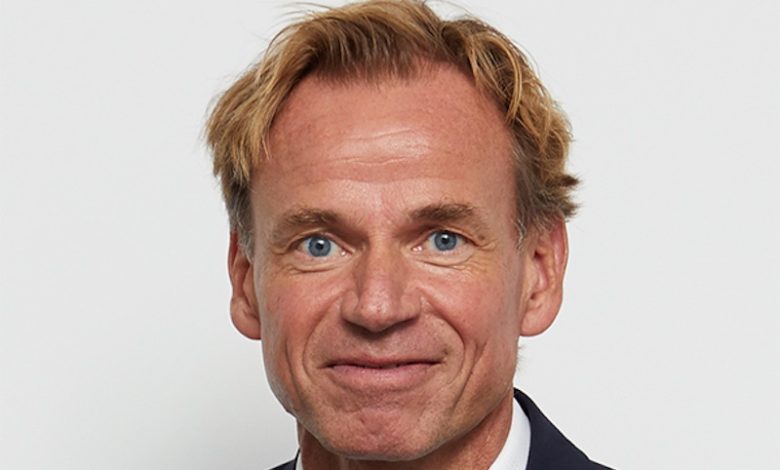Pacific Basin: The tramp trades must wait for green tech to filter down

After nine years in the job, Mats Berglund announced this January he’s stepping down at the end of July from his role running one of Hong Kong’s largest shipping lines, joining a growing exodus of expatriates from the Special Administrative Region.
Berglund, 57, will return home to Sweden on quitting as CEO of Hong Kong-listed Pacific Basin with the CEO of Ultragas, Martin Fruergaard, set to take the reins at the dry bulk giant.
As he prepares to step down, Berglund, always vocal on shipping’s most important issues, has had plenty of time to reflect on the future fuels debate.
Pacific Basin, a member of the Getting to Zero coalition, has been keeping an eye on all the new technology and fuels coming to the market, but it is the company’s specific trades in the handy to supra bulk business that will likely mean it will need to be patient for any big green breakthrough to percolate down to its level.
“I do think it will be many years though before this new technology will be both practically and commercially viable for tramp trading tankers and bulkers since you need to also build out the bunkering infrastructure,” Berglund tells Maritime CEO.
Prototype ships with new fuels will be ready 2024 and 2025, Berglund says, but they are likely to operate on a few fixed routes where the infrastructure to refuel will be available, something that is easier to arrange for ferries and liner ships.
The larger volume of ships for the tramp sectors requiring a global refuelling infrastructure may come eight to 10 years from now, the Pacific Basin boss reckons.
In the interim, to reduce emissions from shipping Berglund is calling for some optimisation and fuel saving devices on existing ships, while investing in carbon credits, but first and foremost on his agenda are slower speeds.
“Slower speed is a win-win – better for the environment and better for the market,” Berglund says, pointing out that the International Maritime Organization (IMO) will force slower speeds with their Carbon Intensity Index metrics starting 2023.
“After a decade of weak markets, we have to make some money now so that we can afford the new technology ships that will be much more expensive and consume a lot more fuel,” Berglund says.
The other take away from the Swede is that it is impossible to even think about ordering a new ship today with a fuel oil engine.
“You would have to depreciate it over 10 to 15 years instead of the traditional 25 years making it financially impossible,” Berglund says, advising that it is much better to buy a secondhand ship for half the price with substantially the same technology, improve it a bit and make money on it whereby it will be more than depreciated well before 2030.
This article first appeared in Maritime CEO magazine, published this week. Splash readers can access the full magazine by clicking here.
